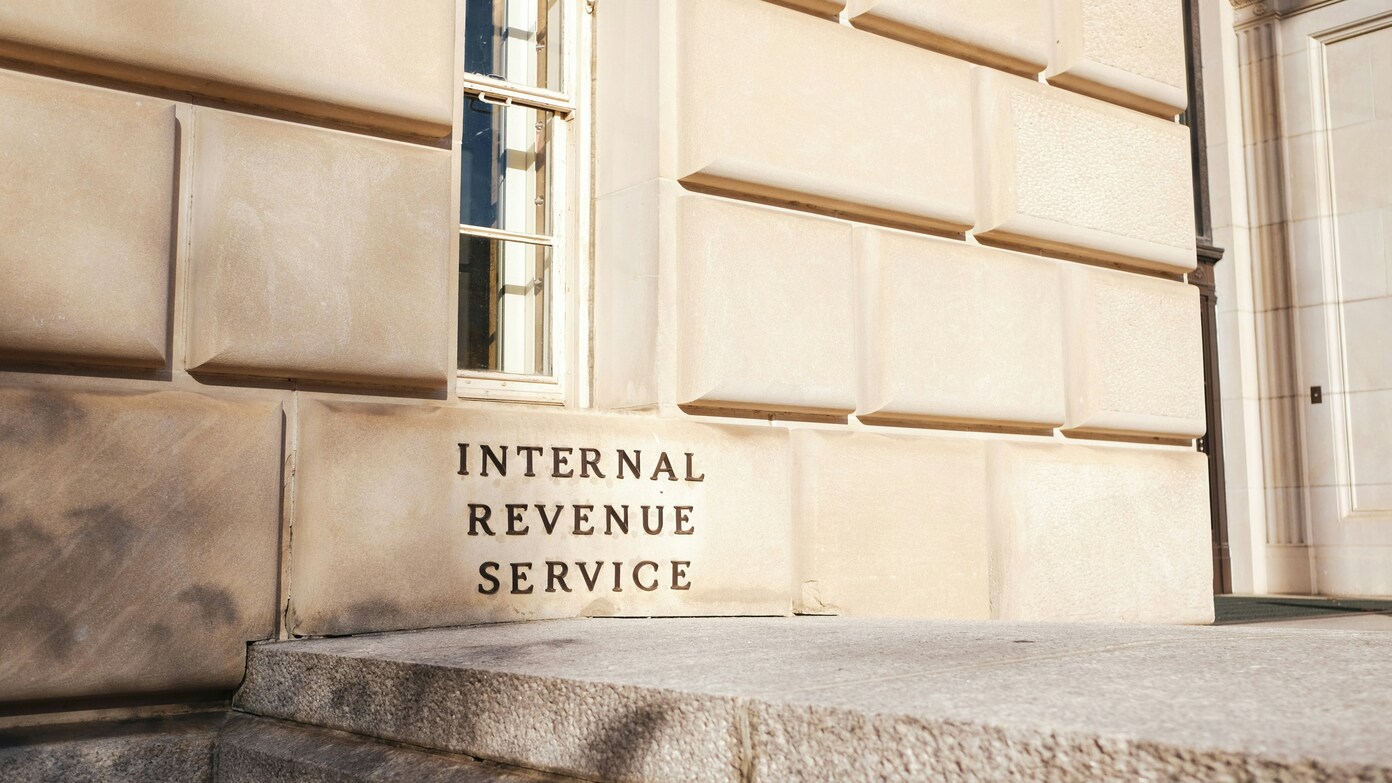New bill aims to protect and expand the free IRS tax filing tool amid pushback from Congress and the private tax prep industry.
U.S. Rep. Emilia Sykes, a Democratic representative from Akron, Ohio, has introduced a new bill called the Get Your Money Back Act. Her goal: to protect and expand the IRS Direct File program—a free, online system that allows people to directly file taxes with the IRS without third-party software.
Sykes wishes the Direct File program to be available to all American taxpayers across all states. That is not currently the case. Some states, like Ohio, did not join the program when they were initially given the option, so many of their citizens were cut off.
What is the direct file program?
The IRS launched Direct File as a pilot in 2024. It allowed taxpayers in some states to file their taxes electronically with the IRS at no charge through an easy-to-use online tool. It helped about 140,000 people in filing their taxes and getting over $90 million in refunds during its first year of implementation. It also saved them an aggregate of $5.6 million in tax preparation fees.
Many praised the program as being fast, free, and reliable. That’s enough reason for Sykes, who wants to make sure it lives on—and grows.
Why is the program at risk?
The White House, along with Congressional Republicans and President Donald Trump, wants to end the Direct File program. They want the program to be replaced with a public-private partnership model. The law that was signed into legislation on July 4 requires the IRS to create a task force that will make suggestions regarding alternatives to the program. The government has allocated $15 million for the support of the task force, and it has to report within 90 days.
Opponents of the Direct File, like Republican Rep. Adrian Smith of Nebraska, say the program is unnecessary. The IRS becomes both the tax collector and the tax preparer, which could lead to disputes and misunderstandings, they claim.
Sykes and supporters insist it’s all about saving money
Direct File’s proponents argue the true enemy is money, but not, in this case, taxpayers. Instead, they argue it is the tax preparation industry lobbying to kill the program for fear it endangers their very business. The services of companies like TurboTax or H&R Block in filing taxes cost consumers between $50 and $200.
Sykes signed on with over 175 Democratic legislators, including Sen. Elizabeth Warren, to pen a letter to Treasury Secretary Scott Bessent. The letter urges the Trump administration to hold back from efforts to “sabotage” the Direct File program. It also finds that millions of Americans have been assisted by it and that taxpayers deserve and demand a free and straightforward means to file.
Read this later:
This one simple trick makes shopping at Aldi so much easier.
What is the Trump Account for children? How much can family put into the account?
MARS refuses to follow major initiative from RFK Jr’s Make America Healthy Again
What’s next?
The future of the Direct File program is uncertain. If Sykes’ Get Your Money Back Act is passed, it would protect the program and make it available nationwide. If Republicans succeed in shutting it down, taxpayers would have to rely on private services entirely to do their taxes—most of which are compensated.
For now, the battle over how Americans pay their taxes remains ongoing.

